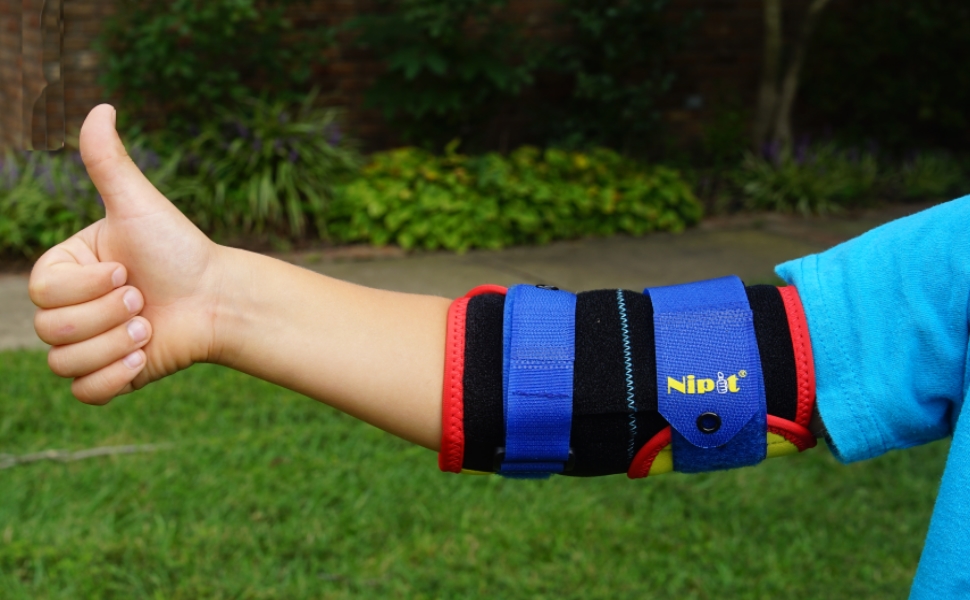It's common for babies and children to suck their thumbs, fingers, or pacifiers. It is a typical practice for helping children and infants to feel comforted and is a natural reflex for them. However, such a reflex is natural as possible for babies and young children can cause damage to teeth and mouths if done for too long.
You can also look for a guide to stop finger sucking at https://www.amazon.co.uk/Age-2-7-Stop-Thumb-Sucking/dp/B00VQU2DZS.

Image Source: Google
Why Thumb-Sucking?
Babies are born with a natural need or urge to suck something. This instinct is seen as babies explore the world and start to put everything they can into their mouth. Impulse decreases after about 6 months, but many infants still sucking his thumb or fingers them to calm themselves when they are asleep.
When they get older, they will sometimes suck their thumbs when they feel hungry, anxious, afraid, or tired. Children tend to naturally wean themselves around the age of 3, but if sucking continues past the age of 5, this could be a sign of emotional disturbances or problems.
What Are the Effects of Thumb-Sucking?
Thumb-sucking or sucking on a pacifier often helps the baby to calm down and then fall asleep more easily. However, if children are allowed to suck a pacifier or a thumb or finger them after their teeth have started to grow, the main problem can arise.
Some long-term effects of thumb sucking beyond the age of 5-6 years include:
- Gear-driven around, which may lead to an overbite or underbite to form
- A lisp formed by the constant thumb sucking can affect the position of the jaw bone
- Germs of the thumb and the surrounding areas that affect your body
- The roof of the mouth become distorted or more sensitive